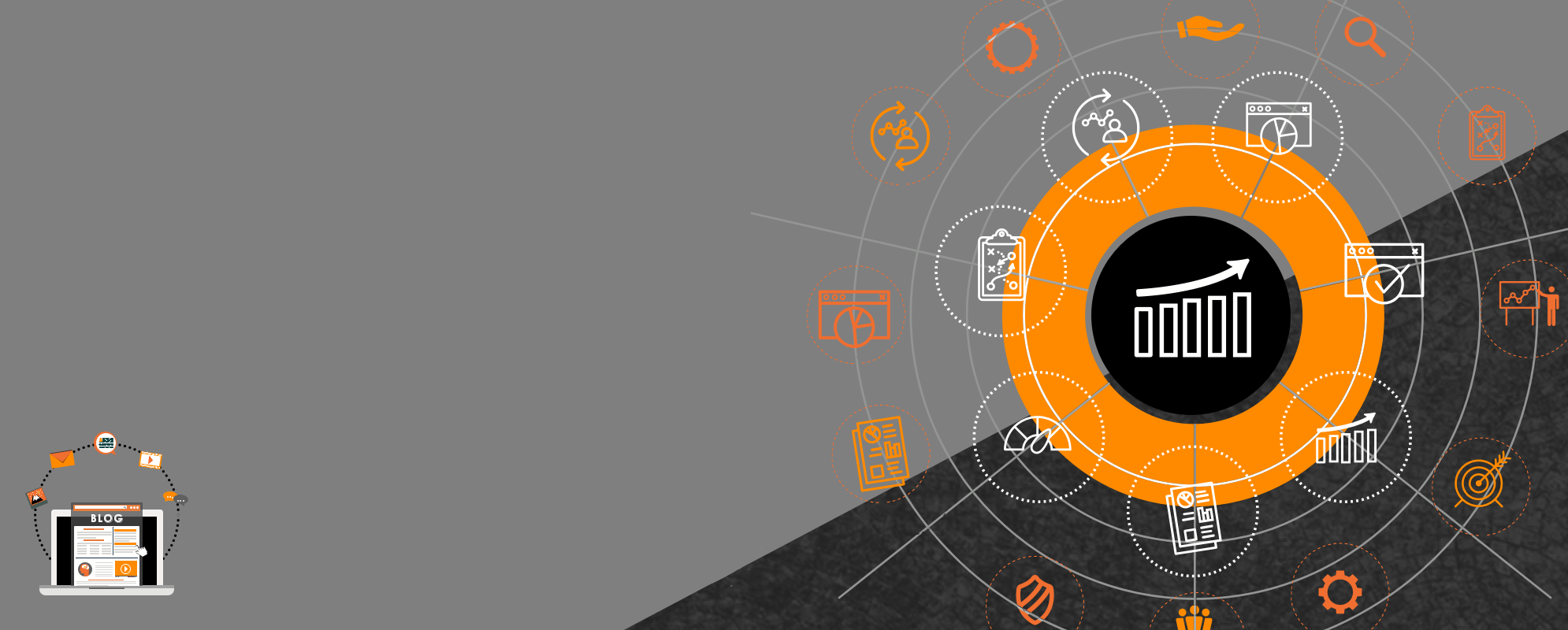
Get weekly
HubSpot updates
So, the title may sound a little dramatic, but I felt it was important for me to delve into the subject of users when it comes to the internet.
The reason being, digital marketers too often become engrossed and, dare I say, obsessed, when it comes to the technical side, such as schema markup and canonical tags.
While the technical aspects are extremely important, all too often we forget about our main audience — the users. In fact, research shows that 88% of online consumers are less likely to return to a website after a bad experience. This emphasises the fact that, no matter how technically sound your website design may be, if your users are not happy you’ll struggle to maintain a successful website. In addition, usability is also a search engine ranking factor, so if anything you’re optimising your search engine performance by considering your users. It’s a win-win situation.
Therefore, in this article I will explore three quick usability issues digital marketers and web designers should bear in mind.
Speed
Back in 2009, approximately 5% of users expected load times of about a second or less. In 2015, this figure jumped to 30%.
This demonstrates that time is precious for web users and that they’d prefer to get served content quicker. It’s a little like when we got to restaurants. Are we likely to stay in a restaurant for long if the chef is slow in serving us?
Menu
After reaching a company's website via a referral site, 50% of visitors will use the navigation menu. This suggests that a lot of thought ought to go into the design of website menus.
It’s a go-to point for users should they need to narrow down their search, and the clearer the information is laid out, the easier it will be for your users to get to where they want to go.
Of course, it is easier said than done, especially for businesses that have a large offering. This leads to my next point….
Internal linking
There are many benefits of internal links. Not only do they pass link equity, they also act as references and therefore direct users to the relevant pages.
I’ve always believed that there is a time and place to play hard to get, but when it comes websites, that’s not it. It’s about making life easier for your users (potential customers). So, if you’re referring to a service, product or blog post, link to them. This will allow your users to visit those pages with ease and will help nurture that relationship.
Conclusion
There’s always going to be that technical side when it comes to digital marketing and rightly so. After all, we’re trying to please search engines, which in its very nature is a technical platform.
However, it is equally important that we don’t forget our users in the process. Page load speed, menu navigation and internal linking are not difficult to implement, yet they are easily overlooked. Hopefully this article has emphasised their importance and we will start to see more websites consider these factors.

